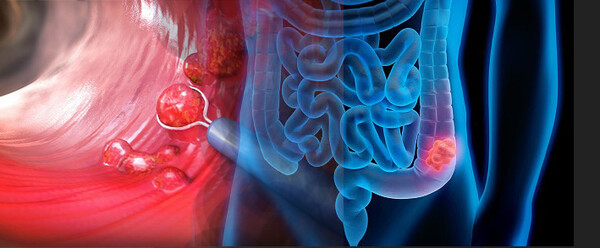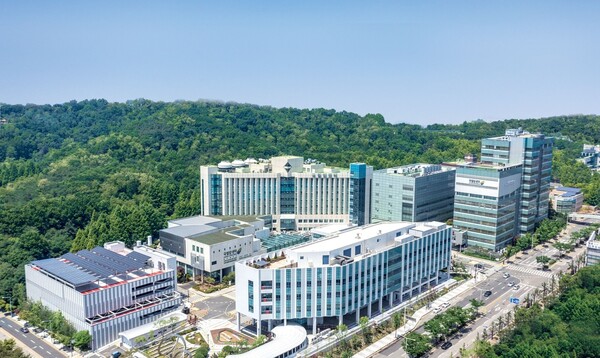
Korea's colorectal cancer screening rate reached a record high in 2024, driven by the inclusion of colonoscopies in the national colorectal cancer screening program.
On Tuesday, the National Cancer Center released the 2024 cancer screening rates, compiled through the annual cancer screening behavior survey.
The survey, conducted since 2004, uses a structured questionnaire to assess the screening rates and behaviors of Korean citizens for six major cancers in Korea: liver cancer, breast cancer, stomach cancer, cervical cancer, lung cancer, and colorectal cancer.
As a result, by cancer type, stomach cancer had the highest screening rate at 77.4 percent, followed by colorectal cancer at 74.4 percent, breast cancer at 70.6 percent, and cervical cancer at 62.0 percent.

Among those who did not undergo cancer screening, 43.4 percent of respondents cited "believing they were healthy" as the reason for not undergoing screening. This was followed by "not having enough time" at 17.4 percent and "the screening process is difficult" at 16.7 percent.
While the proportion of people who postponed screening because they felt healthy decreased significantly from 71.2 percent in 2004 to 43.4 percent in 2024, nearly half of respondents still do not get screened.
Colorectal cancer screening uptake reached a record high of 74.4 percent, up from 70.7 percent the previous year. This increase was driven by a rise in colonoscopy screening rates, which jumped from 56.5 percent in 2023 to 66.4 percent in 2024.
In addition to the increase in screening rates, colonoscopy also ranked highly in the preference survey. When asked, “Which screening method do you prefer for colorectal cancer screening?”, 66.2 percent of respondents chose colonoscopy, while 33.8 percent chose the fecal occult blood test.
Colonoscopy performed well in terms of both accuracy and complication rates.
The National Cancer Center has been conducting a colonoscopy pilot project from 2019 to 2024 to evaluate the feasibility of introducing colonoscopy into the national cancer screening program. The project confirmed the high screening accuracy and low complication rate of colonoscopy.
According to Yang Han-kwang, director of the National Cancer Center, early detection of highly screened cancers such as stomach, colorectal, and breast cancer has steadily increased. Currently, 70 percent of stomach cancers, 55 percent of colorectal cancers, and 65 percent of breast cancers are detected at the localized stage, meaning the cancer has not spread beyond the organ where it originated.
“These cancers in Korea have some of the lowest incidence and mortality rates in the world,” he noted.
Related articles
- Korea approves Takeda’s Fruzaqla for metastatic colorectal cancer
- [Interview] Novel immunotherapy nelmastobart shows promise in MSS colorectal cancer: early trial data
- Colorectal cancer risk linked to diet, inactivity—experts stress prevention
- Experts call for equal insurance coverage of NGS testing for breast and lung cancer
- New index predicts colonoscopy risks in older adults: study
- Colonoscopy included in revised national colorectal cancer screening guidlines

